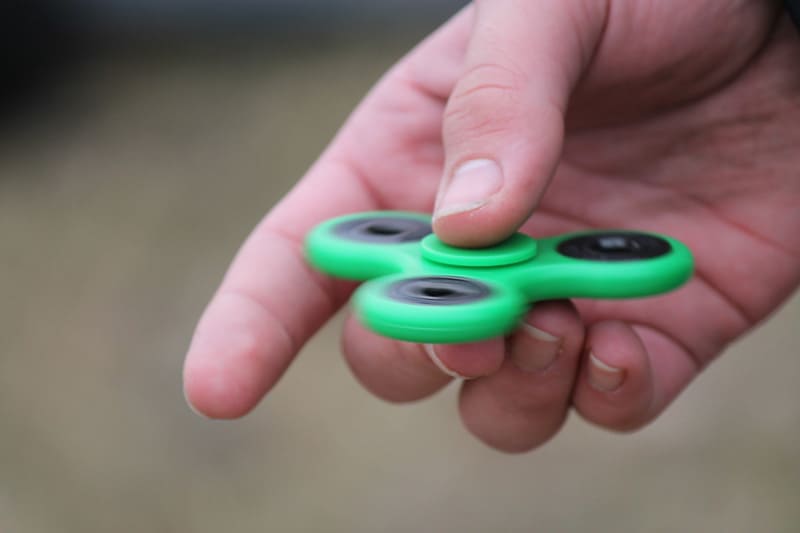Fast track your Financial Wellbeing
Our blogs this year will focus on the link between your wellbeing and living an eco-friendly life.
This month’s focus is financial wellbeing.
The good news is that helping the environment can also produce significant financial savings. Many of the sustainable behaviours that you can adopt will save you money in the long run. They can help to reduce some of the stress that can be associated with your finances, as well as the pressure on the ecosystem.
The options for financial savings under the following headings will be good starting points. They will also lead you to others, as you reinforce your commitment.
Think before you buy anything – Do you really need this? If not, stop, do not buy and save this money instead. Our heavy consumer habits are putting a strain on the environment. The easiest way is to Reuse, Recycle and Buy less.

Stop food waste
One of the biggest ways you can save money whilst helping the environment is to cut down on your food waste. If you throw away food, there is a high chance it will end up in a landfill. This leads to the food decomposing and producing methane – a harmful greenhouse gas. Plus, if you throw away food, you will need to buy more food, which uses precious resources and costs more money.
Make a list of the essentials before you go shopping. Make a meal plan for the week (or longer). Write down your breakfast, lunch and dinner plans, including all of the ingredients you will need. Do a stock check, to see what you already have in your fridge and cupboards. If you do come across any items that you have no use for, don’t just throw them away. Donate them to a local food bank or share them with neighbours and family.
Whether you are shopping online or in the supermarket, it can be tempting to add extra items to your trolley, especially if they are on special offer. However, if the items are not part of your plan, then there is a high chance you will end up wasting them.
Consider the best way of storing each item of food that you buy. Most will have storage instructions on the packaging. If possible, try to freeze food to prolong its life span. It is worth looking up which foodstuffs are freezable, as sometimes the packaging will not tell you this information.
This is the best way of ensuring that you use all of your ingredients. If some of your meals lead to leftovers, then wherever possible, freeze these so they can be used at a later date. If they can’t be frozen, store them in the fridge, so they can be consumed the following day. Leftovers can be utilised in a number of ways. Fruit can be made into smoothies. Vegetables can be turned into stir-fries or soups. Try to be creative as even some seemingly useless leftover food can have potential use. You can find some excellent ‘leftover recipes’ online.
Cut down on driving
Most vehicles produce a number of greenhouse gas emissions, such as carbon dioxide. And if you’ve been to a petrol station recently, you will know that filling up your vehicle is not cheap! If you are making a short journey, why not try walking or riding a bike? Is public transport a viable option?

Working from home is another great way of cutting down on your vehicle usage. Of course, sometimes working from home is not an option, but there are occasions when we make trips to our workplaces to carry out tasks that could be completed at home.
Walk, cycle or share cars and journeys where possible by exploring these options with neighbours, colleagues, friends and family.
Sell your unwanted clothes
Most of us have unwanted items hanging in our wardrobes. Instead of just leaving them there gathering dust, why not make some money by selling them on? Similarly, you can look to purchase clothes second-hand – this is usually cheaper and will help to reduce your carbon footprint.
Organise clothes swapping days with friends and family. You can extend this to accessories and other household items.
Be more energy efficient
Do you leave your television on standby at night? Do you leave your internet hub on when you go to bed? Is your boiler timed to come on at the most appropriate times? If you are not using something, then turn it off. It will save money on bills, and you will not be paying for something you are not using.
Use less paper
There are many ways of reducing your paper usage that will save you money. To share a personal example, I have stopped buying Birthday and Christmas cards and choose to make a call to pass on my best wishes. Also, you can cut down on wrapping paper and use brown paper or newspapers for wrapping presents. Most people are not offended if you explain your reasons for doing so. You can make your own cards from materials that you would normally throw in the recycling bins.
One big expense can be art and craft materials for children which often come wrapped in even more packaging and plastic. Save unusual looking items in a box, such as colourful pieces of fabric, pictures from magazines, odd shaped small boxes, gift boxes etc. These make excellent craft items for children and adults alike.
Summary
Not only does living a sustainable life help your bank balance, but it can also save money for others. This includes your local council if recycling and waste is reduced, the health service when being healthier reduces visits to the doctor, or friends and family when expectations for presents and cards are reduced, and food is shared.
Clearly, there are a lot of ways you can save money and reduce your negative impact on the environment. The majority of them are very easy to implement and can bring a lot of enjoyment to your life. Perfect for enhancing your wellbeing, whilst helping the planet.
Hansa Pankhania is an Author of Self-help books for adults and children available on Amazon and through her website.
She is a Speaker and Founder of AUM WELLBEING CONSULTANCY which offers personal and corporate wellbeing solutions.
In her books, STRESS TO SUCCESS IN 28 DAYS and STRESS TO SUCCESS STORIES, she is passionate about sharing natural wellbeing techniques which are cost free, easy-to-implement but nourish your body, mind, and soul in powerful ways.
Her CHAKRAJI CHILDRENS RELAXATION SERIES OF BOOKS passes natural wellbeing tips to primary age children using colourful illustrations.
She has also published her memoir BEST OF THREE WORLDS about being born in Kenya as a British subject of Indian origin and the fusion of three histories and cultures. She is currently writing a sequel, BEST OF ONE WORLD – my 50 steps to a sustainable, meaningful and joyful life, which will be published in October 2023.
Visit-www.aumconsultancy.co.uk
Text- +449(0)7888747438

